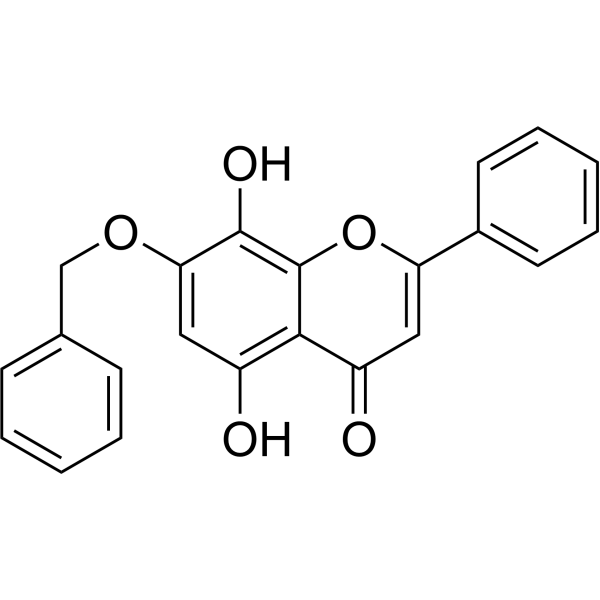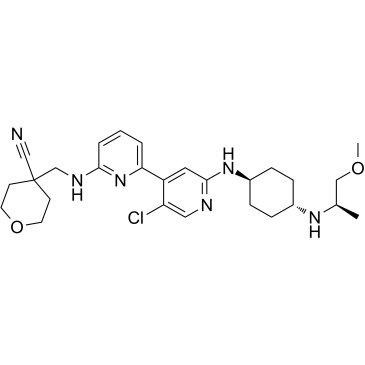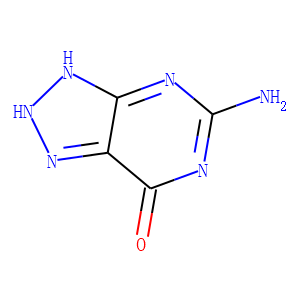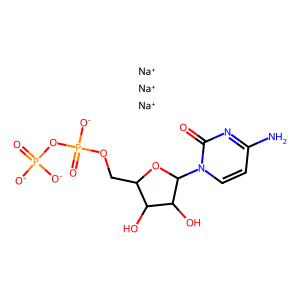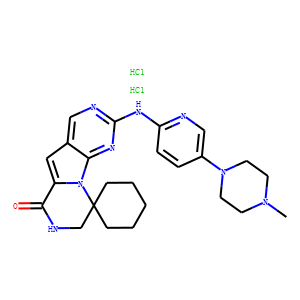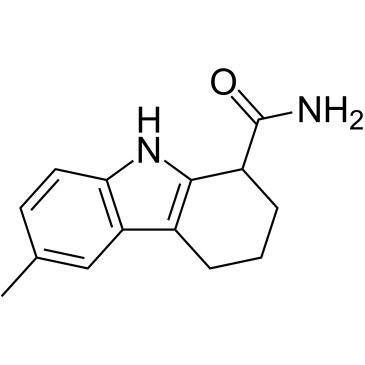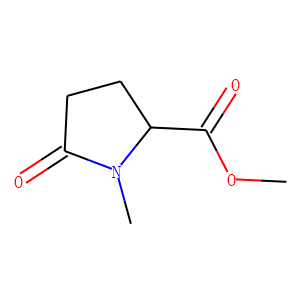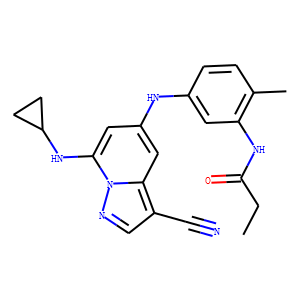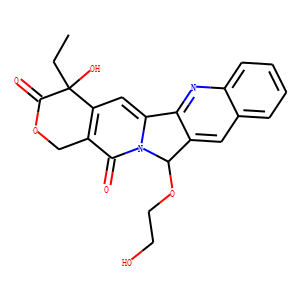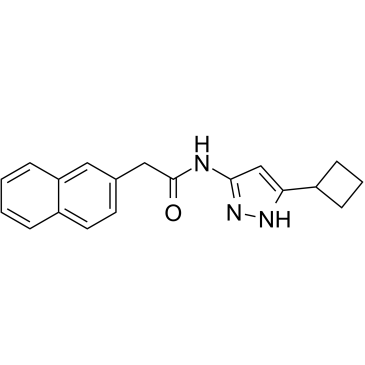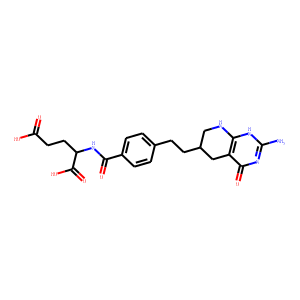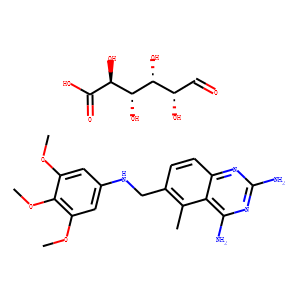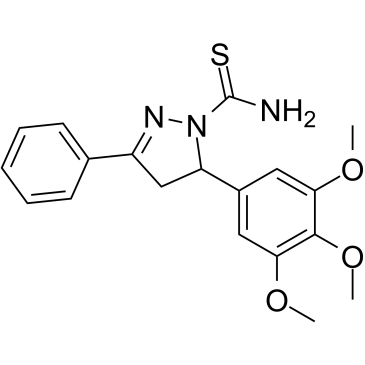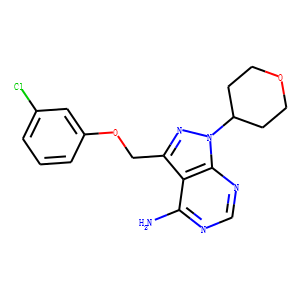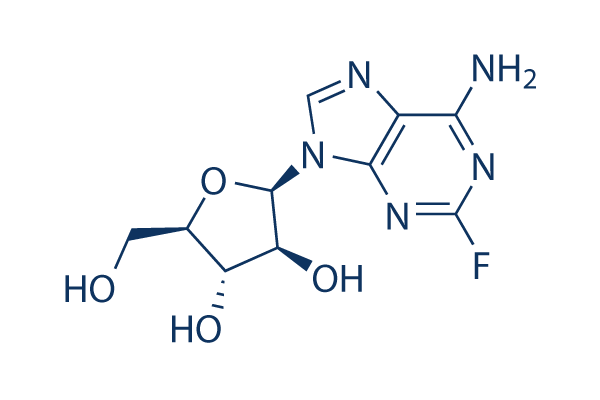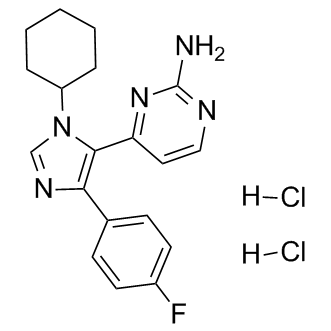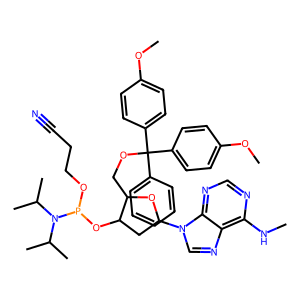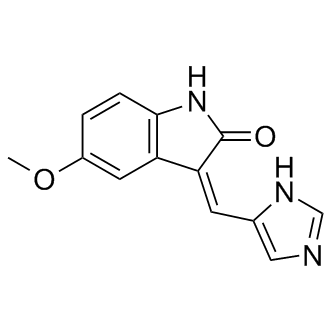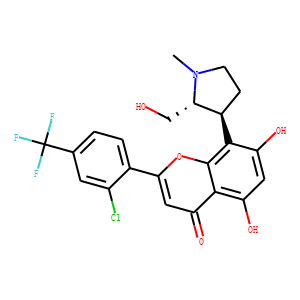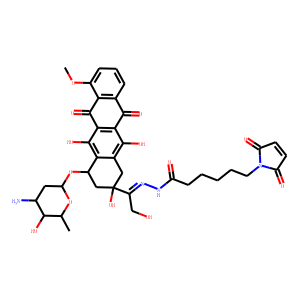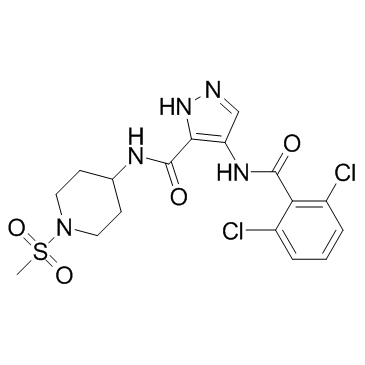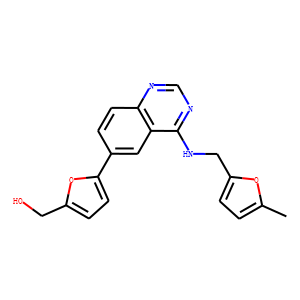Cell Cycle
The process that begins with the growth of a new cell produced by cell division and ends with the formation of daughter cells by the next cell division is usually called the cell cycle. It is a series of orderly events, which eventually lead to the growth and division of the cell. The cell cycle of eukaryotes can be divided into an interphase and a mitotic phase, during which the nutrients needed for mitosis are accumulated and DNA is copied, called the mitotic (M) phase. According to the molecular mechanism of cell research, the cell division stage is divided into the G1, S, and G2 stages. Therefore, the cell cycle consists of four stages: G1, S, G2, and M. Among many cell cycle therapy drugs, only the CDK4/6 inhibitor ribociclib, abemaciclib, and palbociclib are approved for clinical application, controlling metabolic function, and regulating transcriptional levels. Thus, the establishment of a cell cycle compound library is a useful tool for studying cell cycle regulation in cancer, cardiovascular, inflammatory, and neurodegeneration mechanisms.


